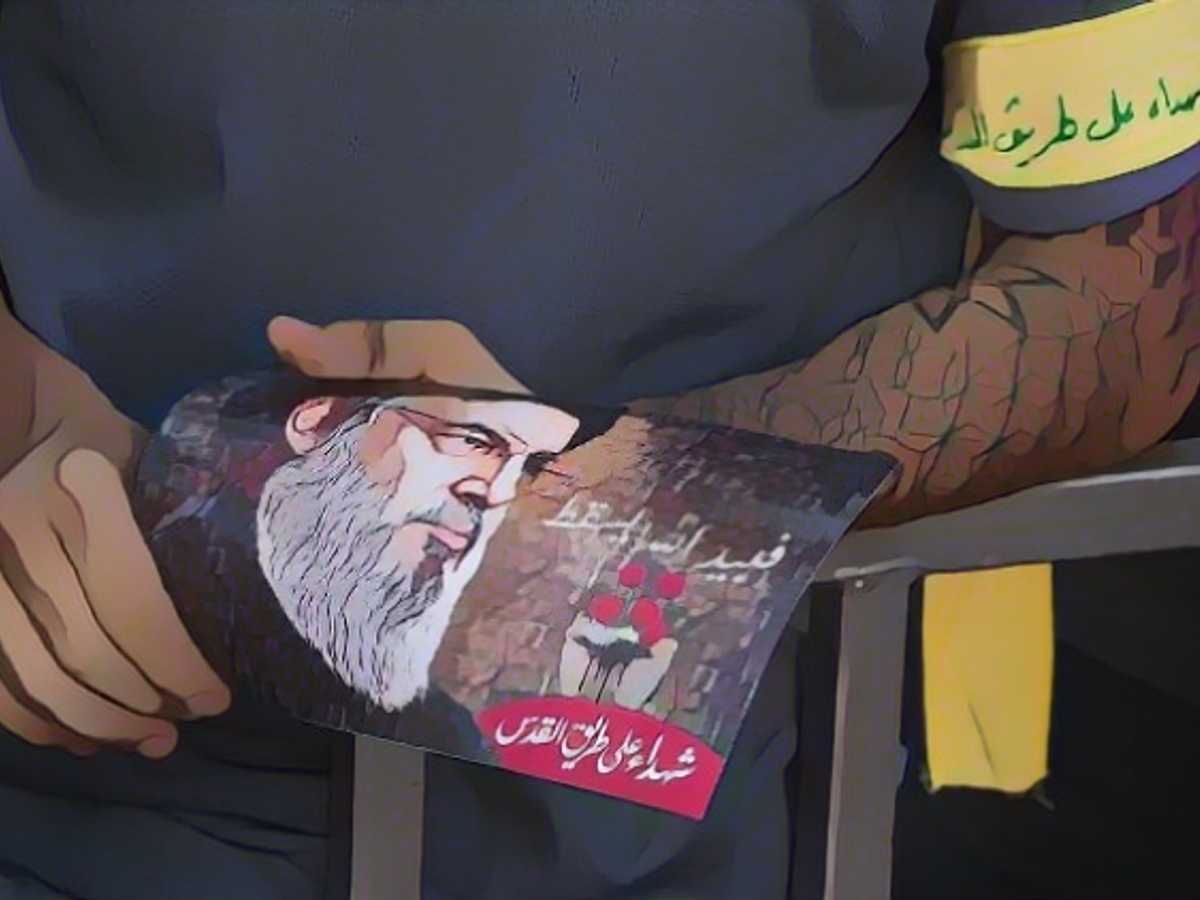In a break from their silence following the October 7 massacres in Israel, Hezbollah leader Hassan Nasrallah finally spoke up last Friday. He commended the courageous and wise actions of the Islamists, causing over 1,400 casualties and 240 hostages, while emphasizing this as a purely Palestinian affair. Pentagon spokesperson Patrick S. Ryder characterized this as averting a broader regional conflict in the Middle East for now.
During an interview with the BBC, Ryder stated the US views this disruption as limited to Israel and Hamas. As a powerful political force in Lebanon and militarily strengthened over Hamas, Hezbollah's involvement has been deliberate. When asked about deterring Hezbollah from joining the conflict, Ryder explained their primary focus was preventing escalation into a broader conflict. To protect this, they deployed additional military capabilities, including two U.S. aircraft carriers.
Experts at the Washington Institute analyzed Nasrallah's speech, concluding that Hezbollah had assured international community of Iran's non-involvement in Hamas' actions. Simultaneously, it signaled the Hamas leadership of their self-reliance. This distancing by Nasrallah suggests Hezbollah's absence from the conflict for the immediate future. This development might leave Hamas feeling insecure and isolated, potentially opening doors for negotiations and compromises.
Nasrallah did not threaten using Hezbollah's weapons against US forces, indicating a possible effect from their military presence nearby and US President Joe Biden's diplomatic endeavors. Additionally, many countries are prioritizing prevention from a similar October 7 incident, signaling containment of groups like Hamas and Hezbollah as crucial.
Some experts believe that, if closely associated with Iran, Hezbollah might choose to sideline itself from a potential wider conflict involving Israel. US awareness of its regional interests has led to additional military capabilities deployment, signifying a commitment to peace preservation.







